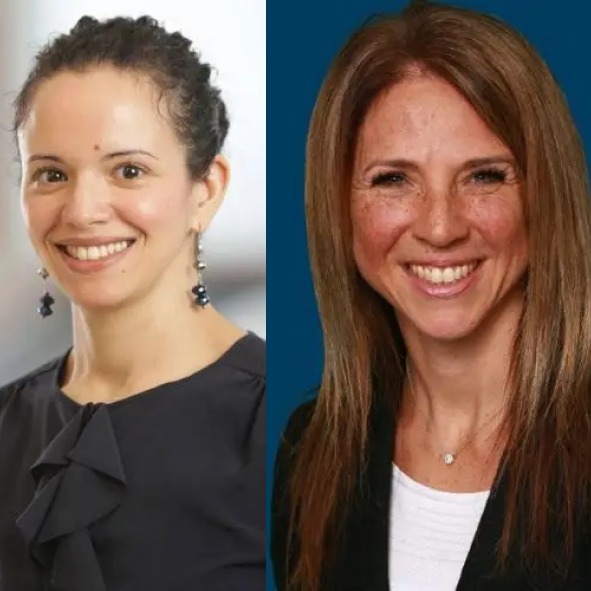In this episode of The Oncology Brothers, Drs. Rahul & Rohit Gosain, dived into the complexities of relapsed refractory diffuse large B-cell lymphoma (DLBCL) and the evolving landscape of treatment options, particularly focusing on bi-specific antibodies. We were joined by esteemed guests Dr. Carla Casulo from Wilmot Cancer Center and Dr. Tara Graff from Mission Cancer and Blood Center.
We kicked off the discussion by reviewing the current standard of care for DLBCL, including R-CHOP and its alternatives, and the importance of referring patients to tertiary care centers for advanced treatments like CAR-T therapy. We explored a challenging case of a 73-year-old patient who is not a CAR-T candidate and discussed the decision-making process for selecting between bi-specific antibodies, epcoritamab and glofitamab.
The conversation highlighted the nuances of patient preferences regarding treatment duration and side effects, particularly the steroid burden associated with epcoritamab.
We then transitioned to a second case involving a 69-year-old woman who achieved a complete response after four months on epcoritamab, we delved into the role of minimal residual disease (MRD) monitoring and the implications of hypogammaglobulinemia in these patients. Dr. Graff emphasized the importance of ongoing communication between community oncologists and tertiary care centers to ensure optimal patient management.
In our final case, we discussed an 82-year-old gentleman with travel restrictions and the considerations for choosing between loncastuximab and tafasitamab. We stressed the importance of understanding the unique challenges faced by patients in rural areas and the need for tailored treatment plans.
Throughout the episode, we underscored the significance of collaboration and communication in oncology, especially as treatment options expand.
